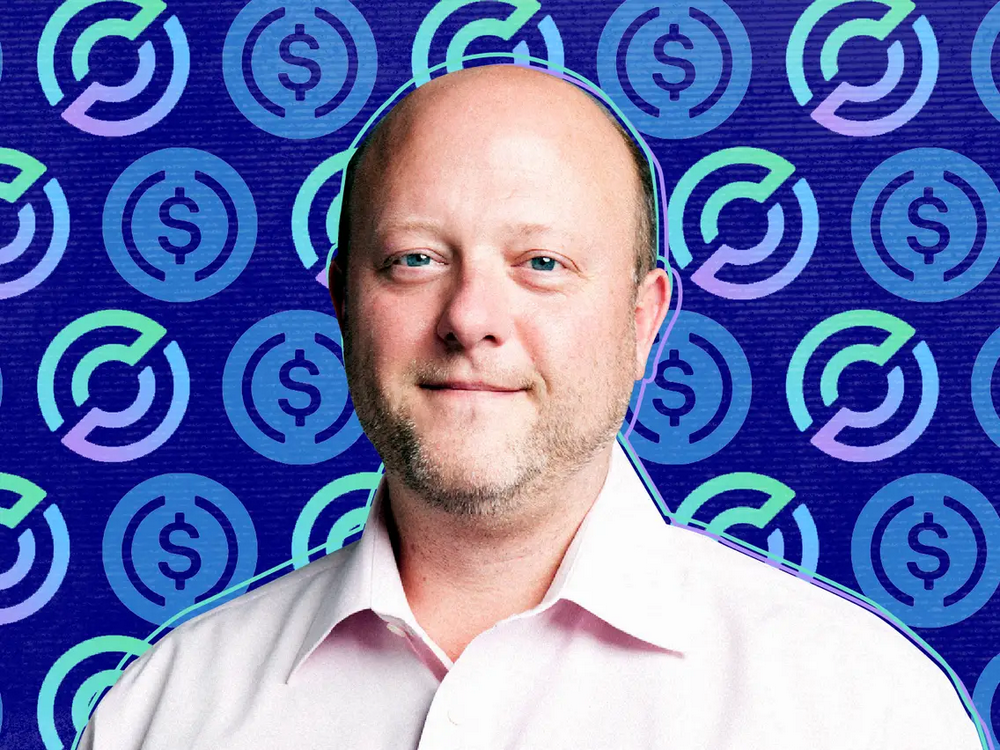16 Nobel Prize geniuses focus on the blockchain: 7 are dedicated to specific projects and 14 are from the Economics Awards
On October 14, the final mystery of the 2019 Nobel Prize was announced. The Nobel Prize in Economics was held by Abhijit Banerjee, Esther Duflo, and Michael Kramer. Kremer) won.
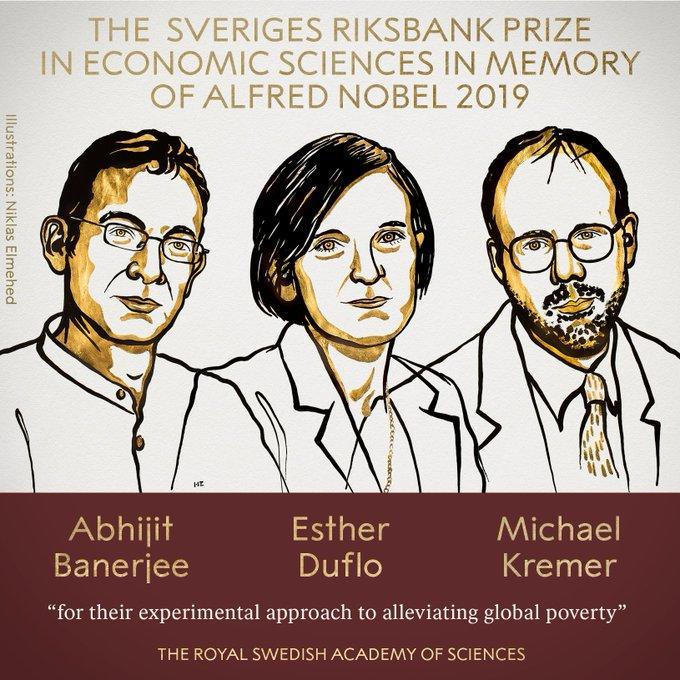
Their main contribution is the experimental approach taken to alleviate global poverty.
Mutual chain pulse observation of the previous Nobel Prize winners in research and practice, found that many of them have participated in the blockchain practice.
- Booking becomes the seventh member of the Libra Association
- Observation | Digital currency moves forward in regulatory pressure and international recognition
- Opinion: Why PoS and Staking are the trend of the times
In the 30 years from 1990 to 2019, a total of 57 scholars won the Nobel Prize in Economics. Among them, 14 winners participated in the blockchain project, or published opinions on blockchain and bitcoin. Nearly a quarter of the proportion (24.56%).
Mutual chain pulse statistics, among which, seven Nobel laureates in economics such as Christopher Pizarides (2010 award) and Eric Maskin (2007 award) participated in the blockchain project. As a project consultant; another Joseph Stiglitz (2001 award), Richard Seiler (2017 award) and many other economics winners have expressed their views on Bitcoin and expressed their interest in the block. The optimism and support of chain technology.
In addition to the Nobel laureate in economics, the interlinkage pulse observed that two physics winners were actively exploring the blockchain, and Sheldon Glaschau (a 1979 winner) participated in the blockchain project; George Smoot (2006 award) mentioned blockchain technology in his speech.
Thus, the interchain pulse further counts the blockchain practices of the 16 Nobel Prize winners and their views around the blockchain in order to find out how the Nobel Prize winners view the blockchain.
7 Nobel Prize winners participated in 5 blockchain projects
In fact, in the field of blockchain, it is not surprising that famous teachers and scholars participate in blockchain projects. Previously, the inter-chain pulse has been counted. Today, three Turing Award winners have participated in three blockchain public chain projects.
However, the Nobel Prize is a longer-lasting and more widely recognized honorary award. Its winners participate in blockchain projects and are naturally more concerned than other scholars.
According to the inter-chain pulse statistics, there were 7 Nobel Prize winners participating in 5 blockchain projects in 2018. Among them, there are 2 projects with 2 Nobel Prize winners.
One is that the 2010 Nobel laureate in economics, Christopher A. Pissarides, and the 2007 Nobel laureate in economics, Eric Maskin In September 2018, he joined the blockchain research company and accelerator Cryptic Labs and became an advisor to Cryptic Labs' economic advisory committee.
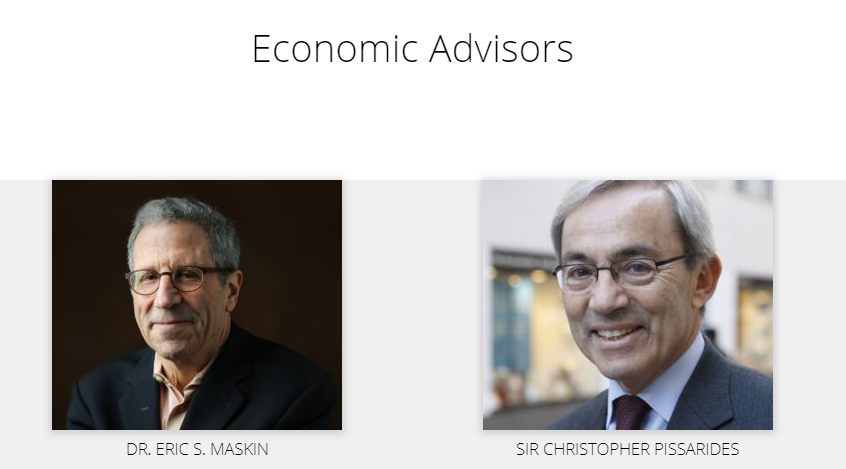
(Introduction to Cryptic Labs official website)
Interlink Pulse Watching the project's official website, Cryptic Labs is an innovative business laboratory, accelerator and consulting services company focused on solving the basic problems of blockchain, security, privacy and trust, providing services including consulting services, blocks Chain technology, blockchain economics and education, security research and innovation. Among them, the blockchain economics and education section pointed out that the Nobel Prize winners in economics supported the blockchain economics and the economics of tokens.
The other is the 2011 Nobel Prize in Economics, Thomas J. SARGENT, and the 1979 Nobel Prize in Physics, Sheldon Lee Glashow. In 2018, he joined the En-Tan-Mo (ETM) project as a senior consultant at the ETM Foundation.

(Introduction to En-Tan-Mo official website)
According to his website, Professor Sargent, as a senior consultant of ETM, provided ground-breaking guidance and advice for the construction of ETM economics. The ETM consensus mechanism and the equilibrium economic framework design are based on game theory and distributed systems, and the macroeconomic expectation model proposed by Professor Sargent is deeply applied, and the dynamic economic theory based on time series analysis.
Another Nobel Prize winner in physics, Professor Grasshaw, is the prototype of "Tear of the Ear" in The Big Bang. It is understood that Professor Grasshaw has stated that ETM has an outstanding team of scientists who can use blockchain technology to achieve point-to-point secure transmission of financial instruments and information, and to make up for the lack of Internet in both absolute privacy and permanent records.
As the winner of the 1979 Nobel Prize, Professor Grasshaw is the first scholar to participate in the blockchain project. After him, the second early was Myron Scholes, who won the Nobel Prize in Economics in 1997.
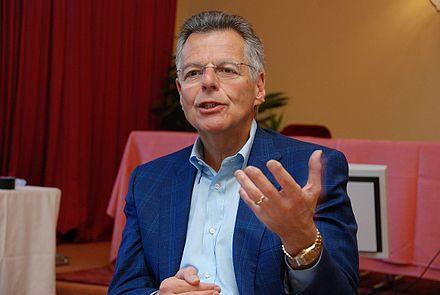
(Myron Schultz)
In March 2018, the Swiss non-profit organization Saga Foundation plans to launch Saga, the world's first non-anonymous blockchain cryptocurrency. This initiative is supported by Myron Schultz, who serves on the advisory board of the Saga Foundation. To help them work hard to build cryptocurrencies.
Soon after, in August 2018, Oliver Hart, the 2016 Nobel laureate in economics, also joined the blockchain field and began working as a consultant for the blockchain governance company Prysm Group. Responsible for reviewing the incentive structure design of the Prysm Group team to ensure that the results expected by the customer are achieved.
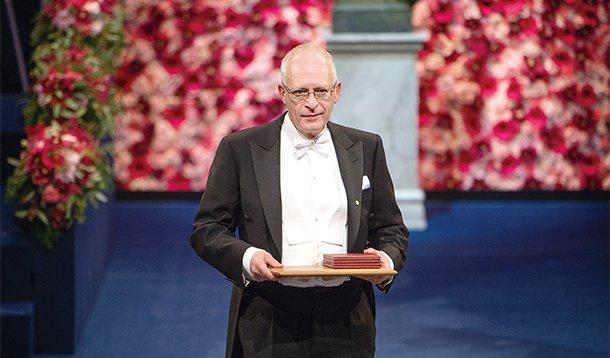
(Oliver Hart)
Interlinkage Pulse understands that Prysm is a "research-driven economic consulting firm" focused on blockchain and distributed ledger technology. Its co-founder revealed in 2018 that the Prysm Group had generated revenue. Since then, in August 2019, it was revealed that Prysm and the Federal Reserve Bank of Boston have cooperated on the role of “supervised nodes in the blockchain network”.
Followed by September 2018, 2012 Nobel Laureate in Economics – Alvin Roth joined the advisory board of the blockchain company Covee Network. It is reported that the company is committed to building trust through the blockchain platform and eliminating friction between teamwork and data access, enabling knowledge workers to work openly, fairly and efficiently.
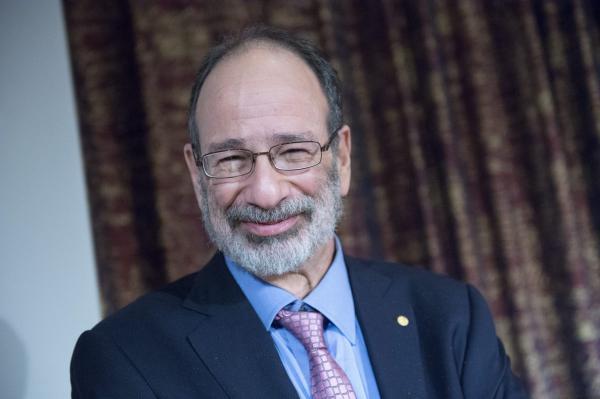
(Alvin Roth)
According to an article published by the Covee Network team, Alvin Roth once said that “teams with different skills are the basic production units in the modern economy, so Covee has the right market design and new technology to help disperse teams more effectively. Great opportunities to build and increase productivity."
Nobel Prize winners are generally not optimistic about Bitcoin
The Nobel Prize winner's exploration in the blockchain field is not limited to participating in the project, and some Nobel Prize winners mainly study the blockchain and share their views on the blockchain and Bitcoin.
Among them, the inter-chain pulse is concerned that most Nobel laureates in economics are skeptical about Bitcoin, and even directly admit that bitcoin is a bubble, and bitcoin should be banned and banned.
Mutual chain pulse analysis, these Nobel Prize winners are not optimistic about Bitcoin, mostly doubting the legality of Bitcoin, and disagreeing with the waste of resources caused by it.
Part of the reason is that these Nobel Prize winners were originally from the banking industry. For example, in 2001, the economics winner Joseph Stiglitz was the former World Bank president, so he would measure the bit from the perspective of the banking industry. currency.
Joseph Eugene Stiglitz, winner of the 2001 Nobel Prize in Economics, said in an interview in November 2017 that Bitcoin's only success lies in its circumvention and lack of supervision. And added: "So for me it should be banned because it does not have any useful features for society."
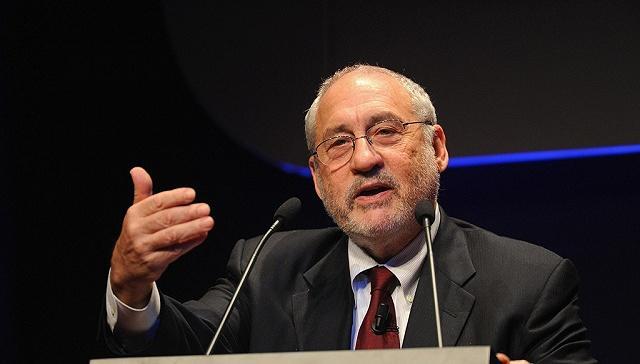
(Joseph Stiglitz)
He believes that digital currency should be generated and controlled by the government. The current rise in bitcoin prices is unreasonable and unsustainable. Bitcoin is a bubble. Even if Bitcoin is a decentralized network with participants all over the world, Stiglitz believes that Washington can easily pierce this bubble.
In an interview in May 2019, he also showed his attitude to close the cryptocurrency. He believes that cryptocurrencies should be shut down by making the transaction untrackable and flooding illegal activities.
In addition, Bitcoin is also regarded as a bubble by Richard Seiler, Jean Tirole, and Robert C. Merton.
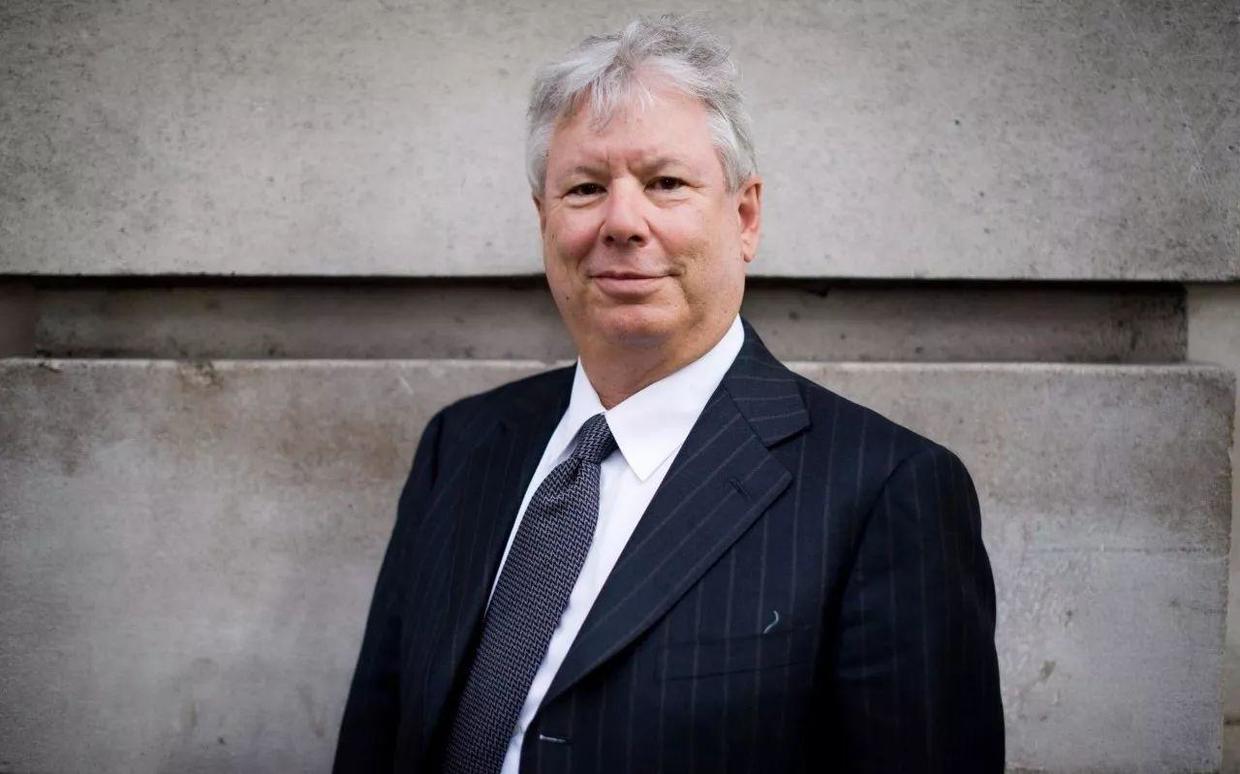
(Richard Seiler)
Richard Thaler, winner of the 2017 Nobel Prize in Economics, said in an interview in January 2018 that he believes that the most bubble-like market is Bitcoin and its younger brothers. And added that the behavior of the cryptocurrency ecosystem is irrational. Seiler did not try to predict when this bubble would break, but history can prove that when the market becomes irrational, there may be bad things happening.
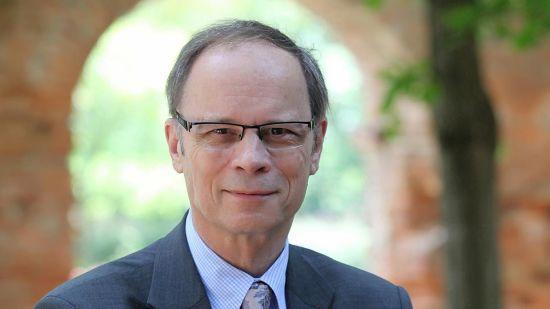
(Jean Tirole)
Jean Tirole, winner of the 2014 Nobel Prize in Economics, spoke about bitcoin and blockchain when he gave a speech in May 2018. Jean Tirole made it clear that bitcoin and blockchain are different. He believes that the entry fee for Bitcoin is zero and it is worthless. As the bubble grows larger, if there is a change, the other side of the bubble is a highly floating price, so it is very dangerous because there is a risk of foam.
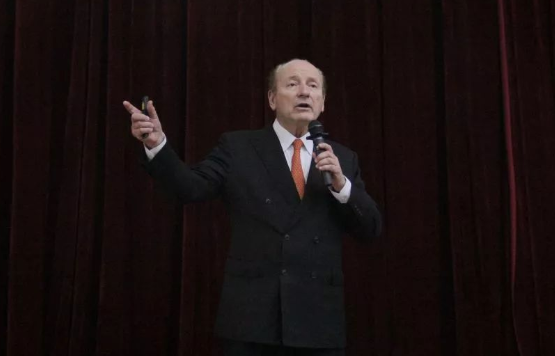
(Robert C. Merton)
Robert C. Merton, winner of the 1997 Nobel Prize in Economics, said in a lecture in November 2018 that Bitcoin was not actually a specific economic model, but was created by people. Stir-fry things, and blockchain is a direction for the future development of the digital economy. He believes that the development space of the blockchain itself may not be large, but the transparency trend it represents has room for development.
In addition to the above, some Nobel Prize winners also believe that Bitcoin is a bubble, but said that this does not mean that it will be shattered or disappear forever.
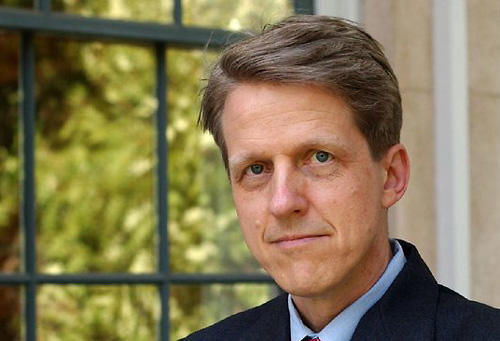
(Robert Hiller)
Robert J. Shiller, winner of the 2013 Nobel Prize in Economics, once said that he believes the value of Bitcoin is so vague that it cannot be valued by real-world money supply. In his view, the enthusiasm for Bitcoin seems to be beyond its practical use. He believes that other forms of currency and other ideas will emerge and replace Bitcoin. The Bitcoin bubble may always exist, but that doesn't mean it will burst or disappear forever.
Prior to this, at the Economic Forum in January 2018, he said that he preferred to think of Bitcoin as an experiment. It's an interesting experiment, but it's not a permanent feature in life. In the article "Different Currency, The Same Temptation," published in May 2018, cryptocurrency is the latest iteration of the concept of money.
And Paul Robin Krugman, who also called Bitcoin "a huge bubble that will end in failure," seems to have eased his position on the bitcoin issue recently.
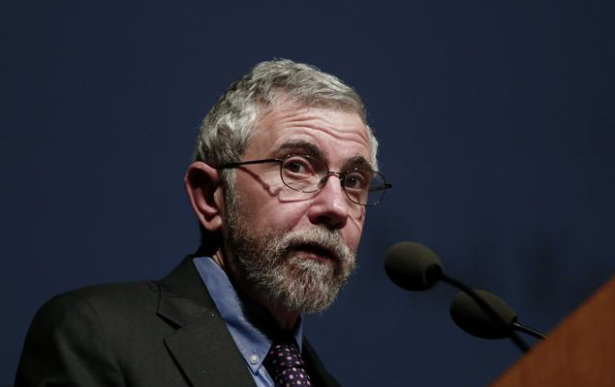
(Paul Robin Krugman)
Paul R. Krugman, winner of the 2008 Nobel Prize in Economics, as a cryptocurrency skeptic, said in early 2018 that bitcoin was a failure. The huge bubble is a technological mystic bubble wrapped in the ideology of liberal ideology.
At the blockchain conference in August 2018, Krugman predicted that Bitcoin might gain "value" as an entity in the future. Although he is still skeptical about cryptocurrency, at a seminar he suggested that Bitcoin is more useful than gold and seems to have eased its position on the Bitcoin issue.
Nobel Prize winners have a positive view of blockchain technology
While expressing doubts about Bitcoin, the Nobel Prize winners are not “one size fits all”. They can also clearly recognize the characteristics and functions of the blockchain and be optimistic about the development of blockchain technology.
The two Nobel laureates in 2016 have expressed their support for blockchain technology.
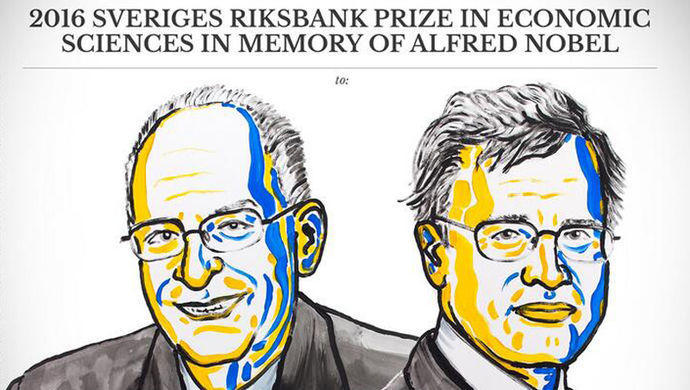
(Left: Oliver Hart; Right: Bent Holmstrom)
Bentel Holmstrom, winner of the 2016 Nobel Prize in Economics, has argued that he believes that blockchain may solve the biggest problem in human history – trust. At the same time, it is emphasized that blockchain and bitcoin are not the same thing. And said, "I am optimistic about blockchain technology, but I doubt Bitcoin. I don't think Bitcoin will replace currency." 2016 Nobel Laureate in Economics – Oliver Hart I have said, "As with many economists, I am somewhat skeptical about Bitcoin. I think the blockchain and Bitcoin should be distinguished, and I am more enthusiastic about the blockchain."
In addition, the other Nobel Prize winners have expressed similar views.
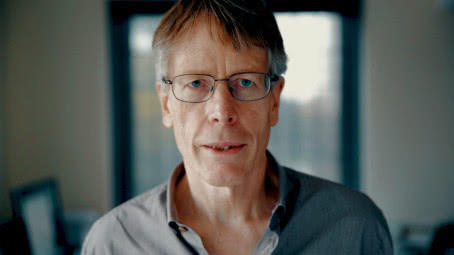
(Lars Peter Hansen)
Lars Peter Hansen, winner of the 2013 Nobel Prize in Economics, said in July 2018 that as an innovative technology, blockchain can improve society by combining with the real economy. Productivity. From this perspective, the future development of the blockchain is more optimistic.
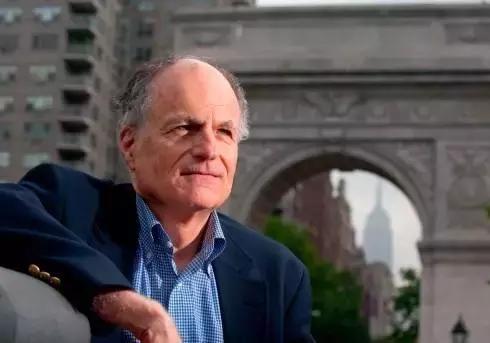
(Thomas Sargent)
In 2011, Thomas J. SARGENT, winner of the Nobel Prize in Economics, published the theme “How Artificial Intelligence and Blockchain Will Create New Opportunities and Challenges for Governments and Enterprises. Speech. He believes that the impact of artificial intelligence and blockchain is far-reaching, and said that the blockchain is very distinctive and very attractive.
Later, in a forum in September 2018, the blockchain was a technology with great potential, but the power is currently unpredictable. He believes that the development of Bitcoin will not have a major impact on the global monetary system.
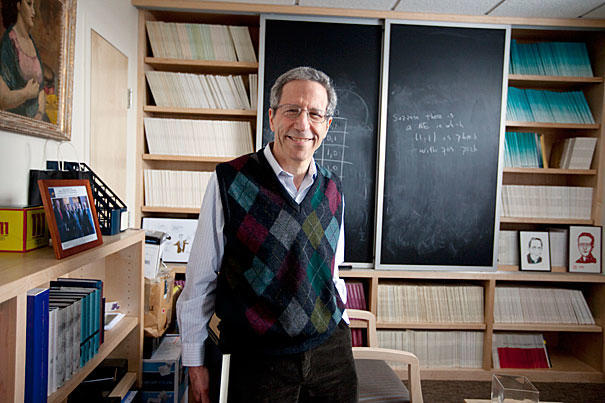
(Eric Maskin)
Eric Maskin, winner of the 2007 Nobel Prize in Economics, said in an interview in November 2018 that the blockchain's influence on the economy is fermenting. In a speech in April 2018, blockchain technology may be a transformative technology, and the potential for blockchain technology is enormous. And he believes that virtual currency is harmful, and it is a challenge to monetary policy.
At the same time, he also put forward a view on the future. The government can create some dominant currency. The government can use blockchain technology, but it must have good control over virtual currency. Blockchain technology and virtual currency can play a role within a controllable scope. Under the government's traditional financial system, banks should continue to play a leading role. The financial regulation system should ensure that the existing pattern remains unchanged. optimization.
Nobel Prize winners join the blockchain to make the future more promising
In addition to the above, the blockchain practice of the Mutual Prize winner of the Inter-Chain Pulse Statistics, and the published views on the blockchain. George Fitzgerald Smoot III, winner of the 2006 Nobel Prize in Physics, also mentioned the blockchain project in his speech in September 2019, indicating that GTA will combine genetic technology with blockchain technology. The combination of advanced concepts is the best way to solve the current lack of human genome data.
At this point, the 16 Nobel Prize winners have all been explored in the blockchain field:
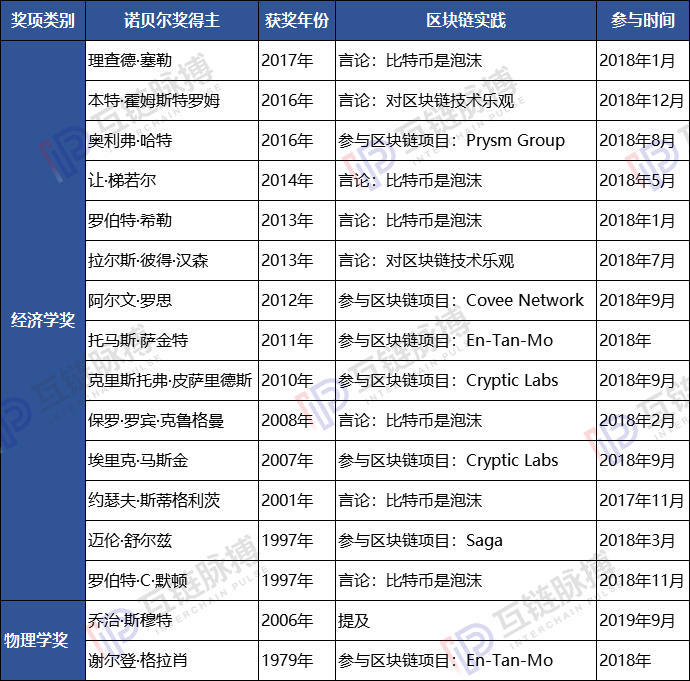
(tabulation: interchain pulse)
Among them, it is worth noting that the 16 Nobel Prize winners have carried out blockchain practice and published blockchain related views, which are basically concentrated in 2018. This year is the first year of the combination of the Nobel Prize and the blockchain. In 2019, the combination of Nobel Prize winners and blockchain seems to be no closer than before.
Beyond this, the inter-chain pulse is also concerned that the previous article on the block of the fire currency block, the theoretical basis of the Nobel Prize in Economics, has also counted the previous Nobel Prize winners and theories that are related to the blockchain. The chart below is for the reader's reference:
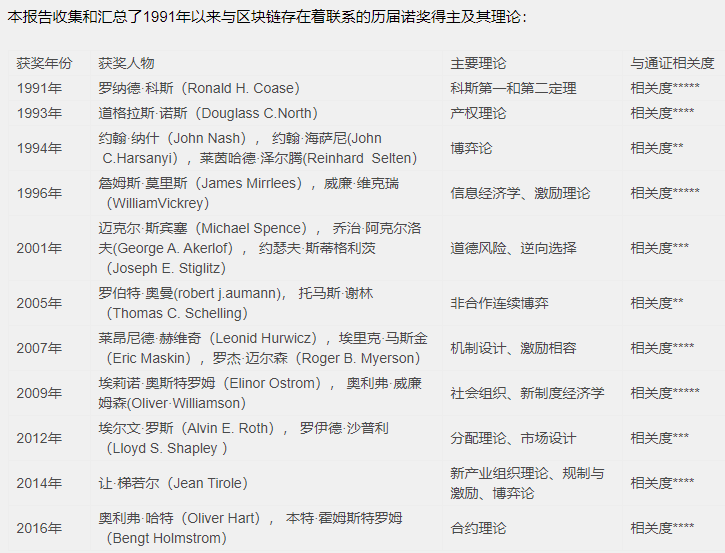
The blockchain field requires geeks who specialize in technology. They also need to explore theories and lead the "genius" of practice; those who can question Bitcoin, and those who are enthusiastic about the development of blockchain. The addition of Nobel Prize winners is also the joining of these people, they will make the blockchain field have a richer core and a more promising future.
Text | Mutual chain pulse · Gold car
This article is [inter-chain pulse] original, the original link: https://www.blockob.com/posts/info/25558 , please indicate the source!
We will continue to update Blocking; if you have any questions or suggestions, please contact us!
Was this article helpful?
93 out of 132 found this helpful
Related articles
- Market analysis: market response to news tends to passivate
- Babbitt Column | Cai Kailong: How Libra Get Out of the Dilemma
- BMW, GM, etc., the world's top five automakers, collaborate to test block identity-based automotive identity systems
- Behind the blockchain summit of Shen Nanpeng and Wang Xing, there is a “capital giant crocodile” sitting on a $100 million
- Analysis: Is there a cost to store Bitcoin? Currently 2.1% per year
- I understand the super-book DLT, library, development tools, how many members of the Hyperledger family do you know?
- Market Weekly | Market recovery last week lost ground, countries have frequently regulated the blockchain industry



